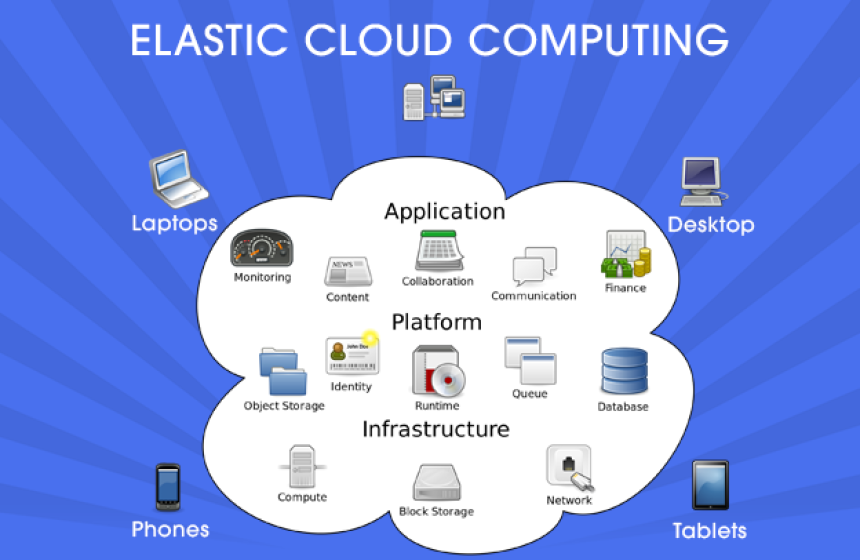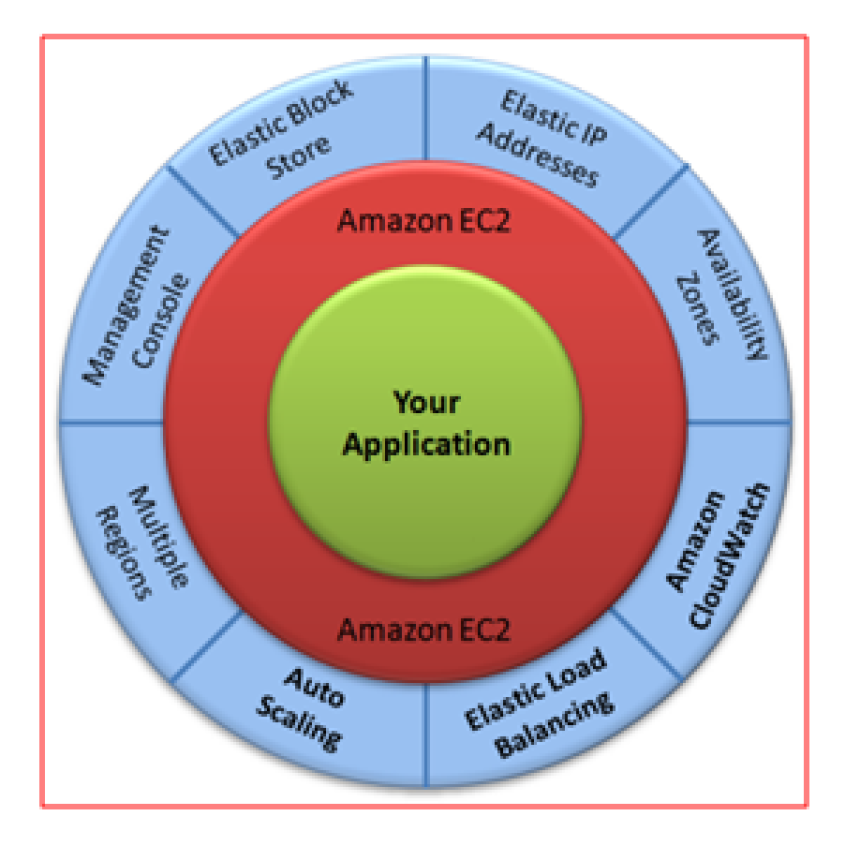
Hashtags
2 years ago
Hashtags
#what-is-this
What is Elastic Cloud Computing?
Elastic Cloud Computing, often referred to as "Elastic Compute Cloud" or "EC2," is a web service provided by Amazon Web Services (AWS). It allows users to rent virtual servers, known as instances, on which they can run their applications. EC2 is a fundamental part of AWS's cloud computing platform and provides a scalable and flexible computing environment.
Here are key aspects of Elastic Cloud Computing (EC2):

- Virtual Servers (Instances): EC2 allows users to launch virtual servers, known as instances, in the cloud. These instances can run a wide range of operating systems and applications.
- Scalability: EC2 provides the ability to easily scale up or down the number of instances based on demand. This means users can increase capacity during periods of high traffic or reduce it during periods of lower demand.
- Variety of Instance Types: AWS offers a wide range of instance types optimized for different use cases. These include instances optimized for computing power, memory, storage, and specialized tasks like machine learning or graphics-intensive applications.
- Pay-As-You-Go Pricing: EC2 follows a pay-as-you-go pricing model, where users are charged based on the resources (CPU, memory, storage) used by their instances and the duration for which they are running.
- Pre-configured AMIs: AWS provides a collection of Amazon Machine Images (AMIs) that users can choose from to launch instances. These AMIs come pre-configured with various operating systems, software stacks, and applications.
- Security and Networking: EC2 instances can be placed in Virtual Private Clouds (VPCs), allowing users to have full control over their network configuration, including IP addresses, subnets, and security groups. AWS also offers features like Key Pairs and Identity and Access Management (IAM) for enhanced security.
- Elastic Load Balancing: EC2 instances can be set up behind an Elastic Load Balancer (ELB) to distribute incoming traffic across multiple instances. This helps improve availability and scalability.
- Auto Scaling: AWS provides a service called Auto Scaling, which allows users to automatically adjust the number of running instances based on metrics like CPU utilization, request rates, and other application-specific metrics.
- Integration with Other AWS Services: EC2 instances can easily integrate with other AWS services like Amazon S3 for storage, Amazon RDS for databases, AWS Lambda for serverless computing, and more.
- Regions and Availability Zones: AWS operates in multiple geographic regions around the world, each containing multiple Availability Zones. This allows users to deploy instances in different physical locations to achieve high availability and fault tolerance.
- Use Cases: EC2 is used for a wide range of applications including web hosting, application hosting, batch processing, machine learning, big data processing, and more.
Overall, EC2 is a versatile and widely-used service that forms the foundation of many applications and services hosted on AWS. It provides businesses and developers with the ability to deploy and manage virtual servers in a flexible and cost-effective manner.





